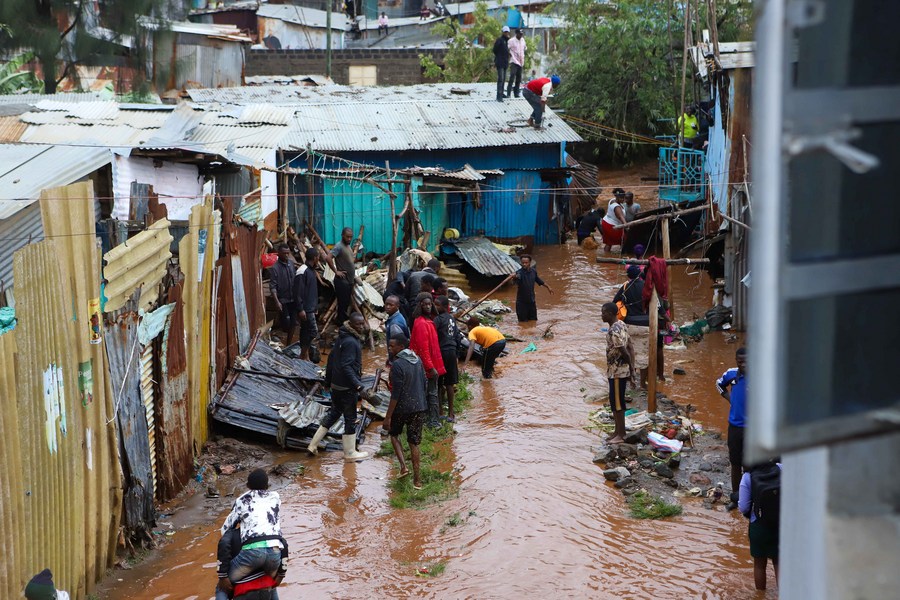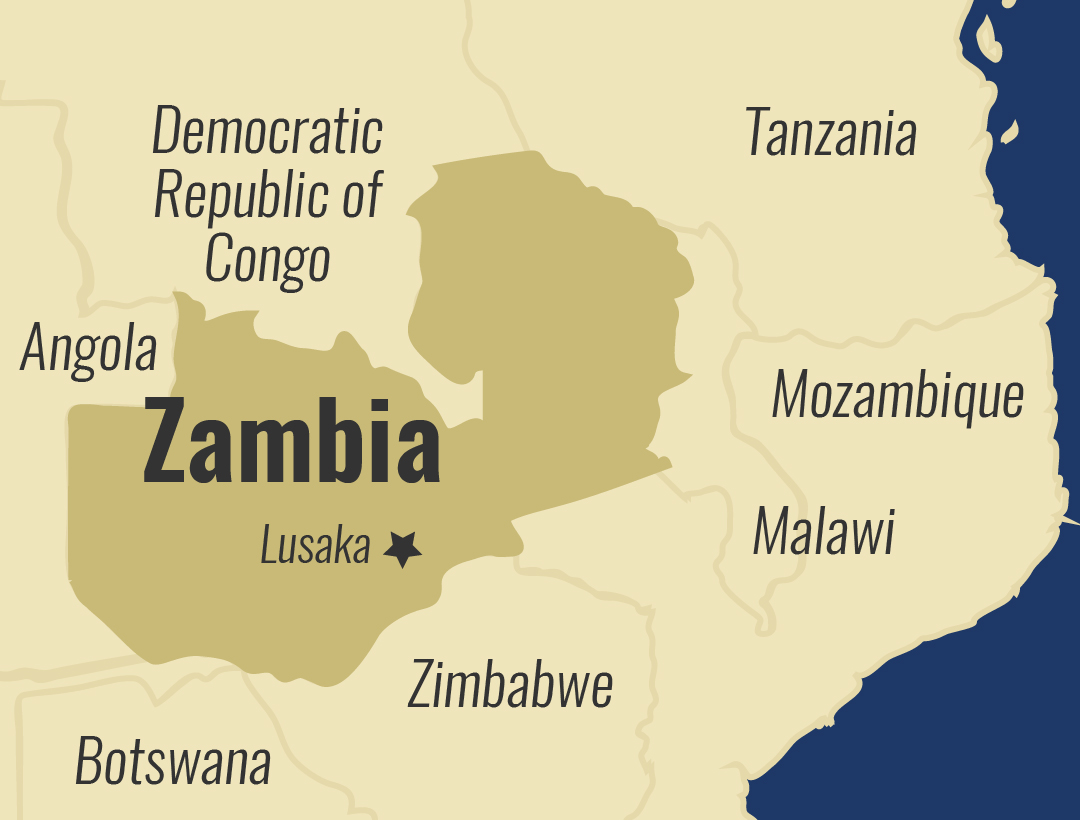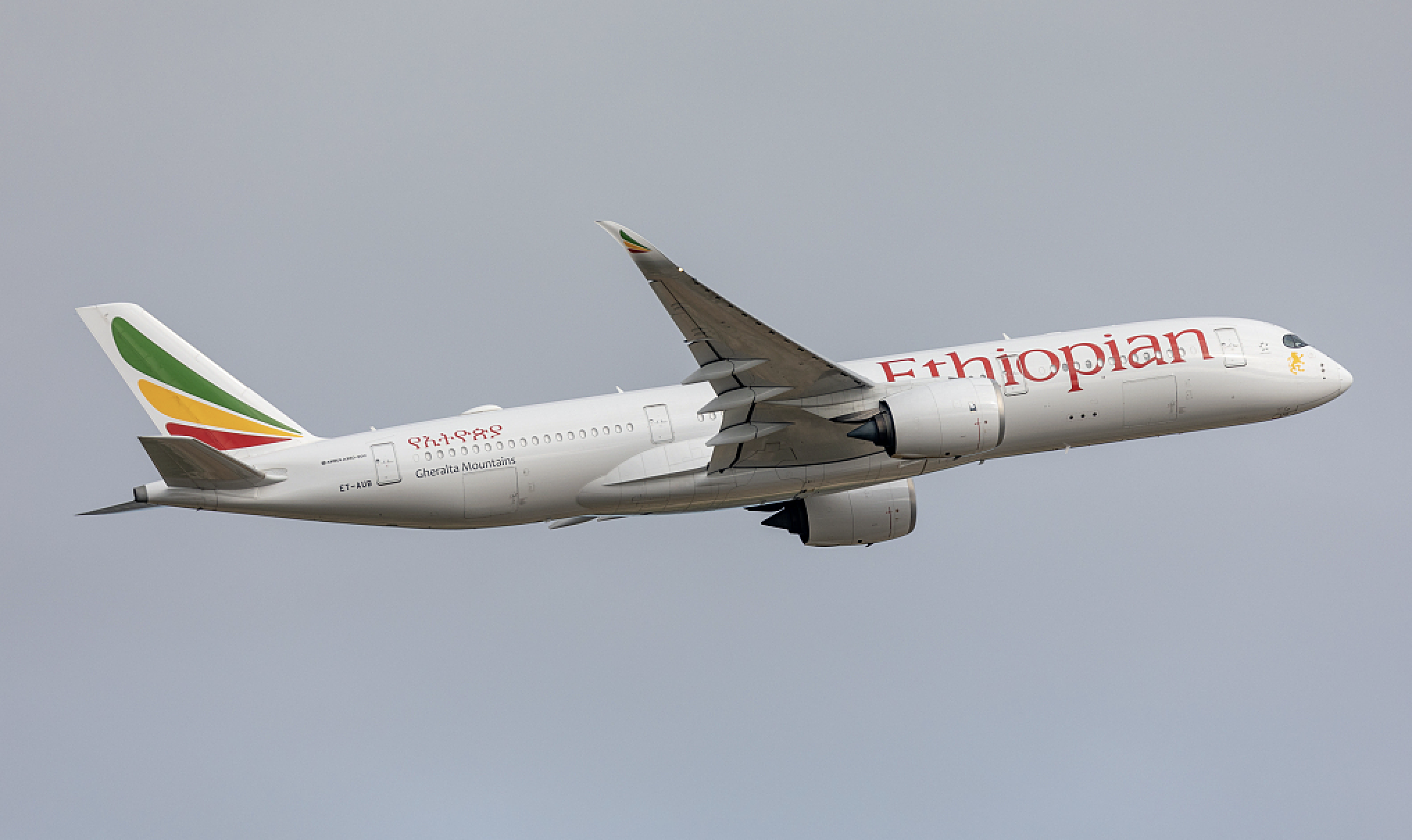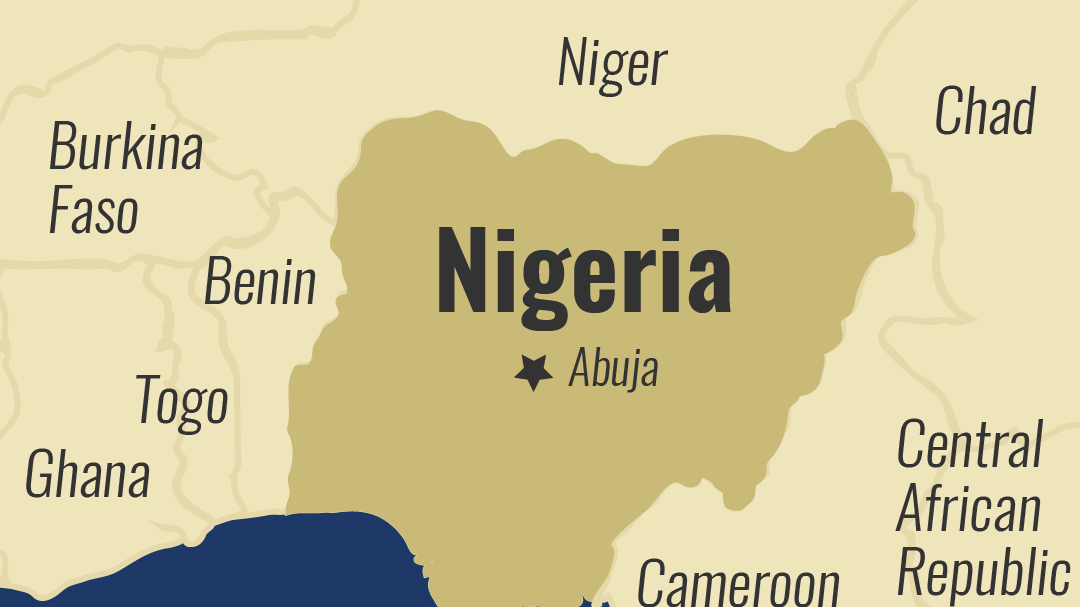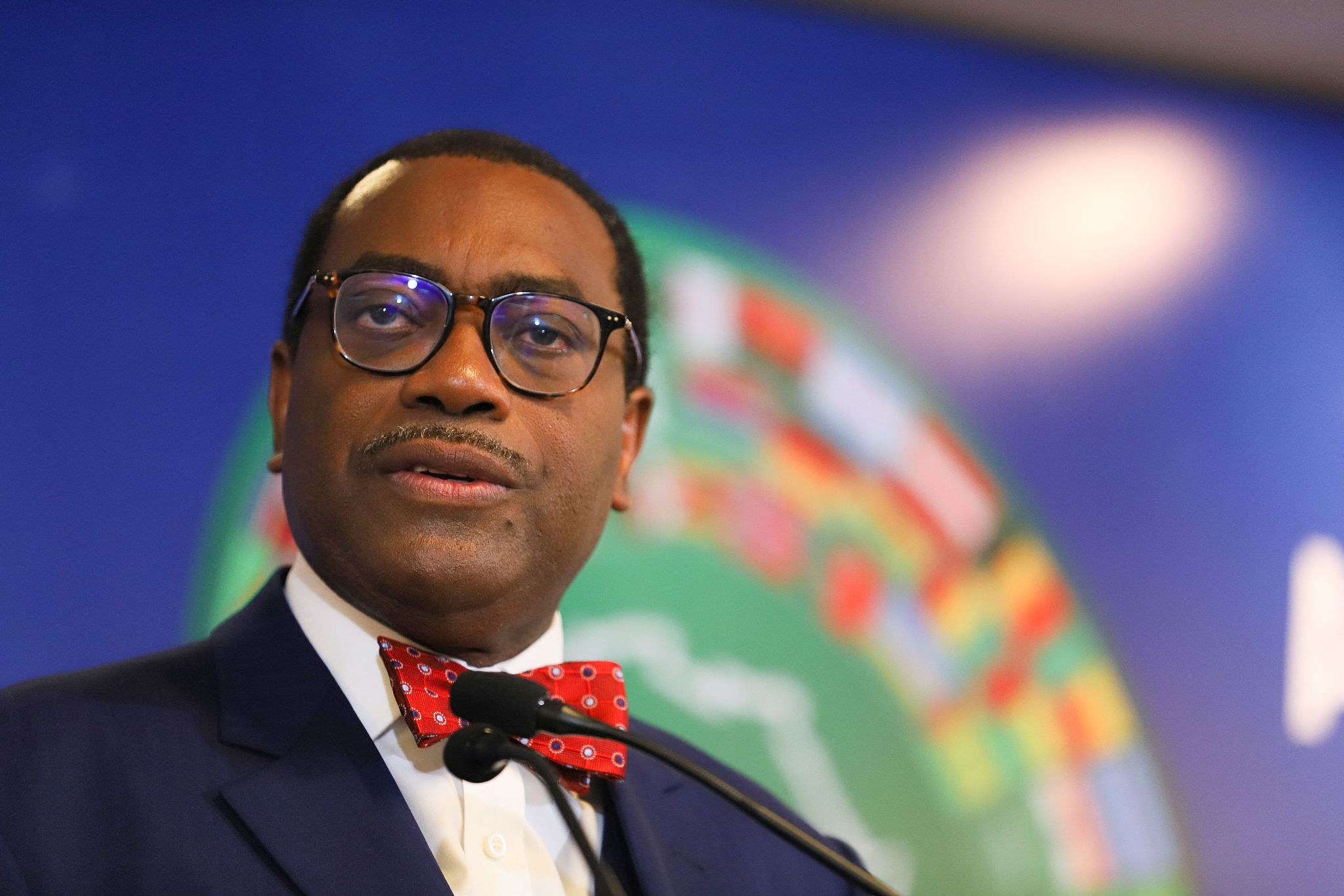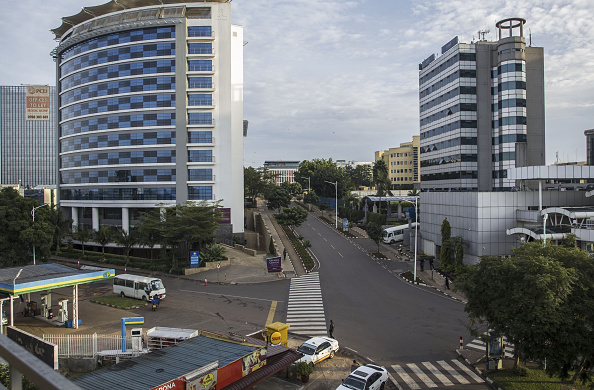
Rwandan capital seeks to accommodate 3.8 million people by 2050

The City of Kigali, on Friday, September 4, 2020, launched a new city master plan to be implemented from 2020 up to 2050.
The new master plan introduces a flexible and incremental approach to city development as it seeks to accommodate 3.8 million population in 2050 from the current 1.6 million population.
Speaking during the launch, Rwandan Minister of Infrastructure Claver Gatete said this rise results from the current rapid urbanization of Kigali
The population density will be 5,198 people per square km and the city is projected to have 1.8 million job opportunities by 2050, he said.
The new master plan aimed to make the existing 2013 edition more inclusive, with a better, smarter, and more sustainable center for businesses, and more jobs and opportunities for the citizens, according to him.
“Kigali has the potential to become a much larger economy and to provide most of the gains from faster urbanization,” said the minister.
The city will be home to a much larger population, who will need well-planned neighborhoods, affordable housing, services, physical mobility, and digital connectivity, he added.
As urbanization is occurring rapidly, appropriate and timely interventions need to be put in place to facilitate this process to ensure it is sustainably managed, he said.
“The new city of Kigali master plan we have launched today will lead our economic and social growth for the next 30 years. This creates a lot of excitement to imagine and see together what our future Kigali will be like in 2050,” Kigali Mayor Pudence Rubingisa said at the launch.
This year is the last one for Rwanda to implement its development blueprint Vision 2020, which sets the goal of transforming Rwanda into a lower-middle-income country.
After experiencing high economic growth during the last 10-odd years, Rwanda’s economy took a hit from the COVID-19 pandemic with GDP growth projection for this year revised downward to 2 percent from 8.1 percent.


